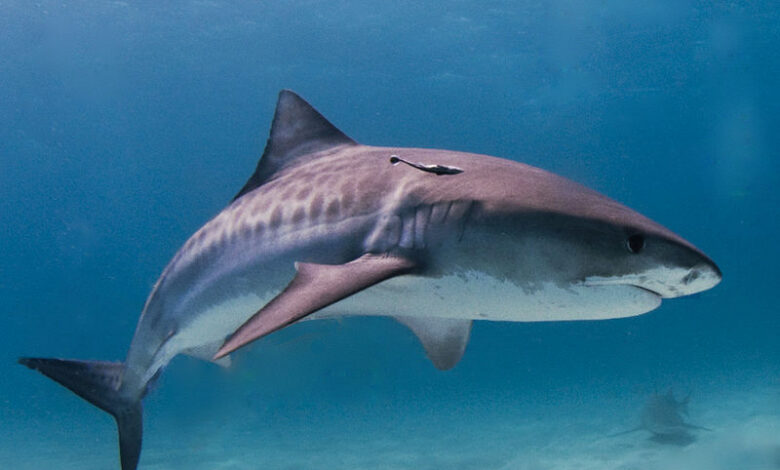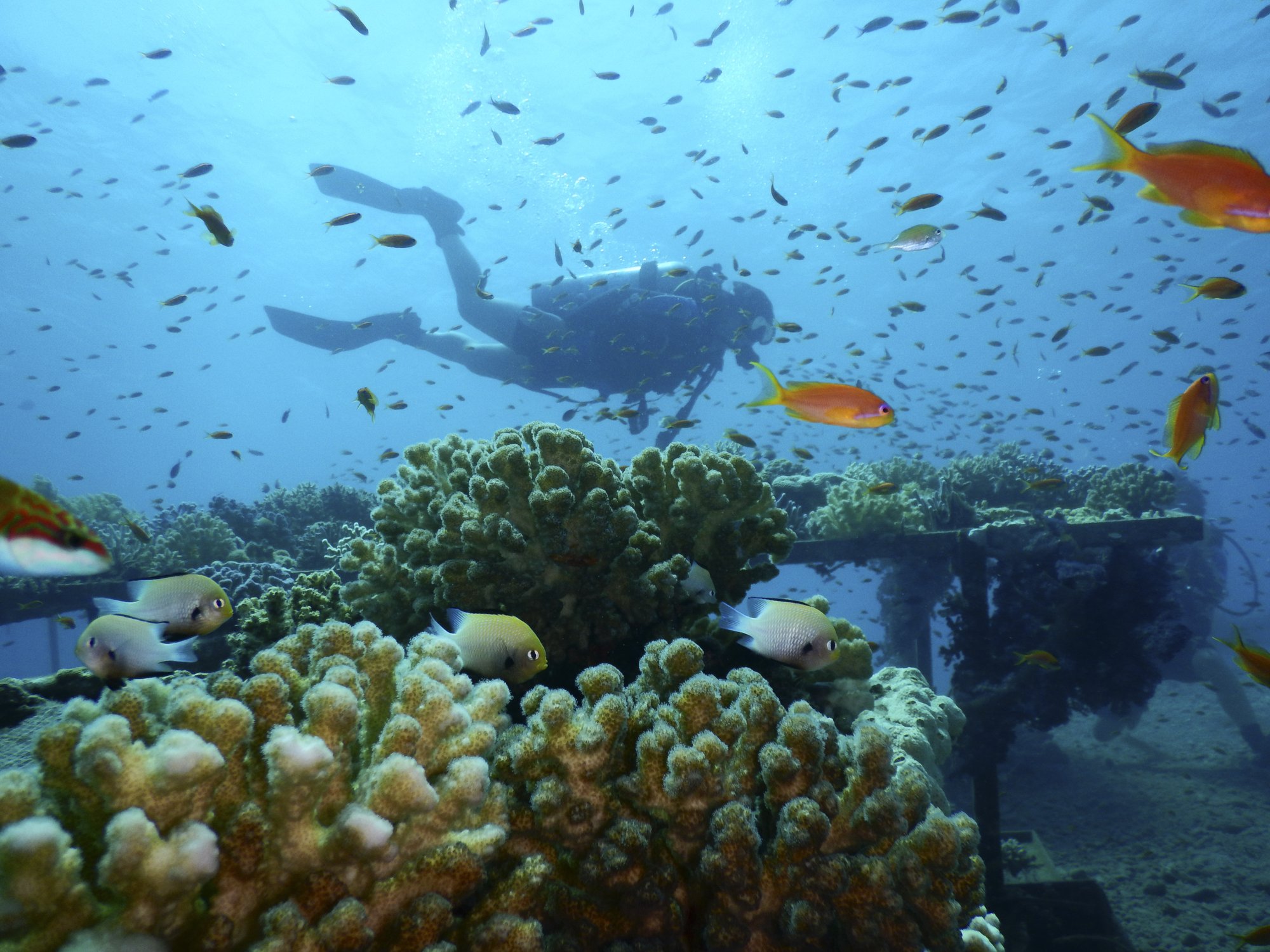
The Environment Ministry plans to install sensors in the Red Sea for the first time, specifically in Hurghada, to monitor sharks and study their behavior on the Egyptian coast, Environment Minister Yasmine Fouad announced.
The study comes under the supervision of an international expert specialized in this field, targeting three types of sharks and extends for 18 months in three phases, she added.
The first phase is preliminary to collecting data on previous incidents and analyzing the current situation. Then sensors will be installed to monitor the behavior of different types of sharks, while the final stage will analyze the data previously collected through the sensors.
Sensors will determine the type, size, and health of the shark, being carried out under a framework of measures to reduce the effects of over-fishing on the ecological balance.
Authorities in the Red Sea in coordination with the Red Sea Reserves have reopened areas shut down following a shark attack in Hurghada.
The reopened area extends from the old Sheraton Beach to Sinbad.
The Red Sea governor on Sunday ordered to reopen all Hurghada beaches – except for the area of the shark attack – after the completion of the marine survey, and a closure that lasted for about 48 hours
A team of marine scientists, in cooperation with the National Institute of Oceanography and Fisheries, embalmed a tiger shark which recently killed a Russian tourist in the Red Sea.
Five embalming experts who specialized in the field of mummification of marine organisms took part in the process.
The shark was caught by a number of fishermen in Hurghada, after it attacked a Russian tourist while he was swimming close a beach in Hurghada earlier in June.




